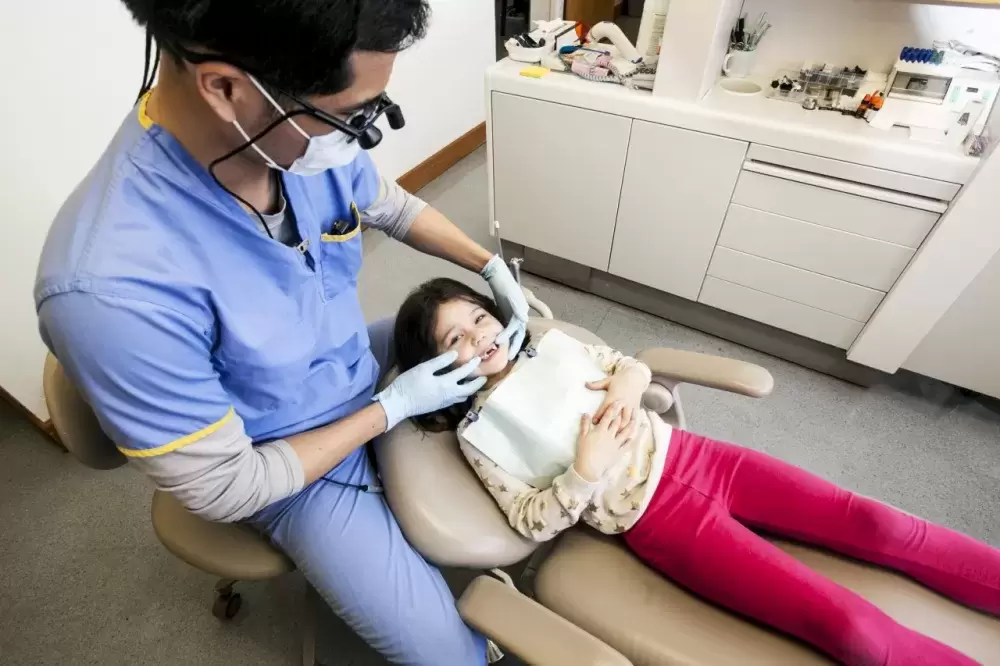Starting Sept. 16, First Nation’s will see a change in their FNHA benefits plan.
The First Nations Health Authority is set to transition their dental, vision, medical supplies and equipment benefits from the federal non-insured health benefits program to their new partner, the BC-based provider Pacific Blue Cross.
FNHA says that providers and clients will find the new system to be easier to use, and have fewer requirements for pre-approvals and quicker turnarounds for adjustments and payments. It will also provide improved coverage for “many health services”, such as teeth cleaning, dentures, eye exams and glasses.
There will be no reduction to existing coverage, and benefits will be improved for many preventive health services and special needs. The new plan includes:
Dental
- a dental fee guide in line with the British Columbia Dental Association's suggested rates
- more coverage for preventive dental care services, such as scaling and cleaning
- fewer restrictions on dentures
- pay-direct claims at most dental clinics in BC
Vision
- no pre-approvals required for routine eye exams or standard prescriptions (within frequency limits)
- $100 every two years for routine eye exams
- $275 every two years for prescription eyewear ($415 for high-index lenses)
- pay-direct claims at participating optical stores
Medical Supplies & Equipment (MS&E)
- similar coverage for all equipment and supplies
- ability to see exactly what is covered, and how much is covered
- simpler and faster pre-approvals
Robert Cluett, non-insured health benefits coordinator for the Nuu-chah-nulth Tribal Council, says that the biggest shifts will be regarding vision.
“It will be a huge change,” said Cluett. “It will affect thousands of people.”
Currently, the process for eye glasses and exams for Nuu-chah-nulth individuals goes through the tribal council for pre-approval, then back to the patient’s provider. Instead of going through NTC, the new benefits plan will go through the third-party insurance company Pacific Blue Cross.
It is still up in the air regarding pre-authorized payments. There will be some providers across the province that will be able to take pre-authorized payments for Pacific Blue Cross users, and some providers will need payments upfront to be reimbursed to patients later.
“It will depend,” said John Moody of FNHA media relations. “Some (providers) will have been set up with Pacific Blue Cross for pre-authorized payments, and some clients will have to pay beforehand.”
The new benefits plan change is based off of “extensive engagement” from the FNHA with clients, First Nations health leaders, and their health care providers. They led 51 focus groups with 98 communities across the province about how they could improve health benefits plans.
Health care directors and providers were approached as well about what needed to be changed the most. Health care providers were spoken to about cultural safety and humility, which was an issue expressed by both clients and health care leaders.
Medical transportation and mental health supports will continue to be administered by the First Nations Health Authority's benefits program, and not through the province or third-party health insurance.







